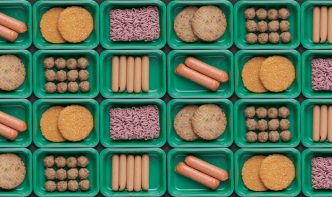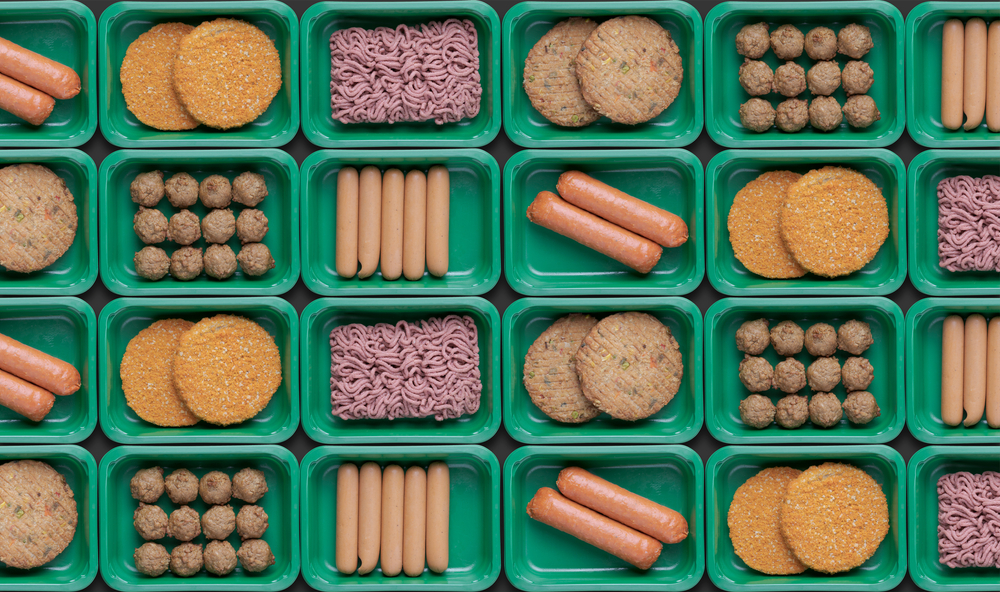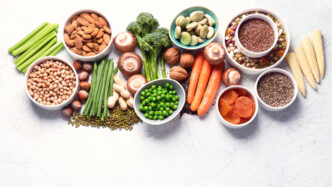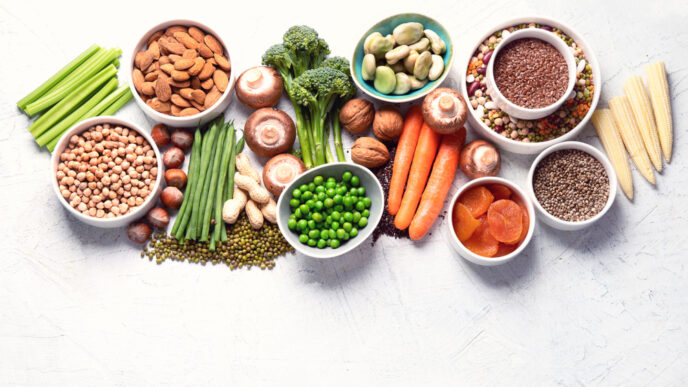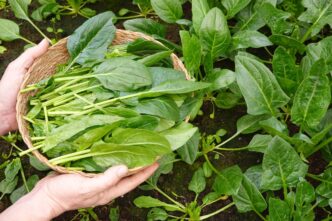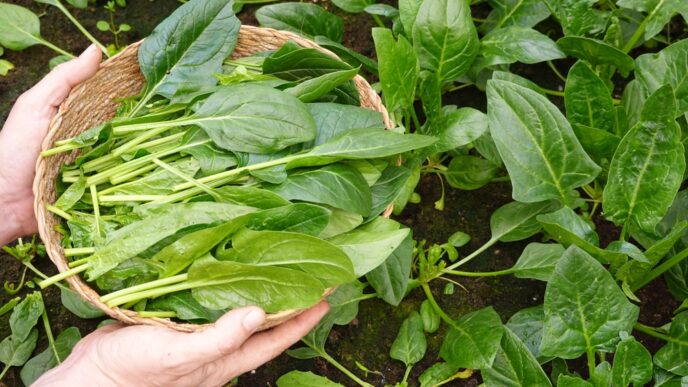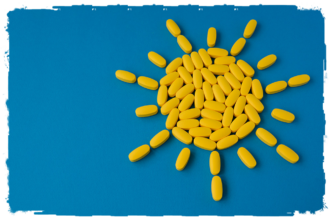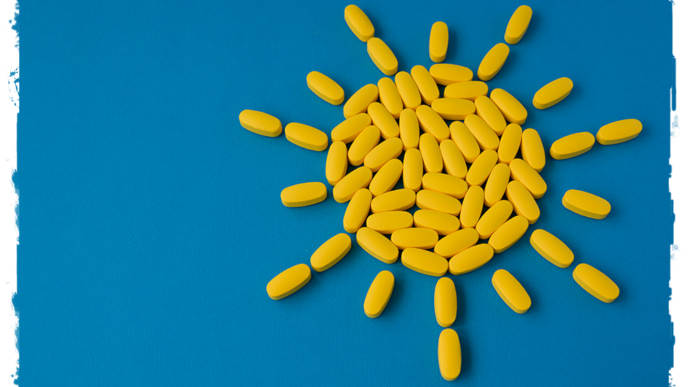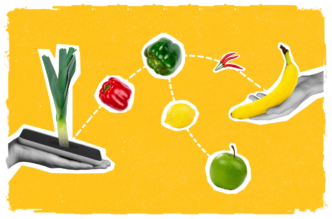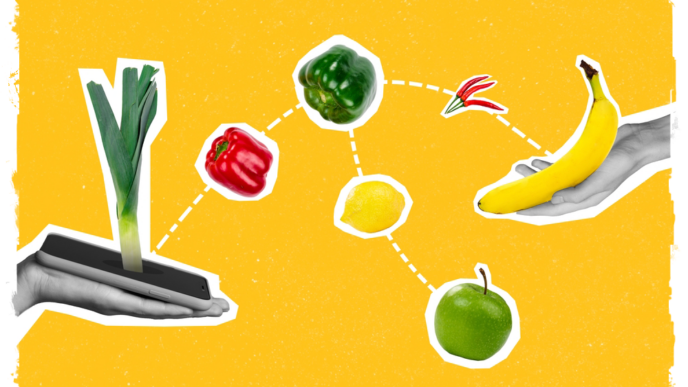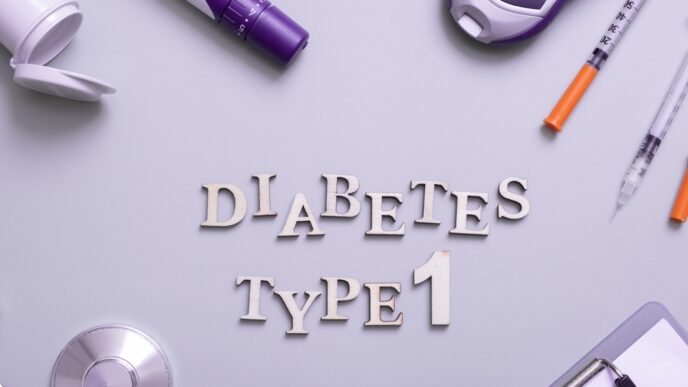WORDS LIM TECK CHOON
 FEATURED EXPERT FEATURED EXPERTGEORGEN THYE Consultant Dietitian and Coach Founder of Georgen Cooking Website | Instagram | Facebook | TikTok | YouTube | Linkedin |
In recent years, ultra-processed foods have become a hot topic in the world of nutrition and health. With new studies linking these foods to increased risks of heart disease, diabetes, mental disorders, and even early death, many are left wondering: just how bad are these convenience foods for our health?
To shed light on this complex issue, we sat down with Georgen Thye, a registered dietitian, to unpack the truth about ultra-processed foods. He will offer us some valuable insights to help us make informed choices about our nutrition.
UNDERSTANDING ULTRA-PROCESSED FOODS
First off, Georgen, can you explain what exactly are ultra-processed foods?
Georgen Thye: Ultra-processed foods (UPFs) are products mostly made from substances extracted from foods, such as fats, starches, added sugars, and hydrogenated fats.
- These foods typically contain numerous additives like preservatives and flavour enhancers, and they have undergone multiple industrial processes.
- UPFs often contain minimal to no whole food ingredients and are designed to be convenient, have a long shelf life, and taste good.
- It’s worth noting that UPFs can trigger cravings due to their high sugar content and the way sugar interacts with the brain’s reward pathways, potentially encouraging overeating. In fact, UPFs make up a significant portion of many people’s daily calorie intake in today’s modern diet!
What makes UPFs so ‘ultra’? Can you explain the different levels of food processing?
Georgen Thye: Certainly. While there are various classification systems, we’ll use the NOVA system recognized by the World Health Organization. It breaks foods into four categories:
- Unprocessed or minimally processed foods. These are natural foods that have undergone minimal changes, like fresh fruits, vegetables, and milk.
- Processed culinary ingredients. These are substances derived from minimally processed foods, such as oils, butter, and salt, used in cooking.
- Processed foods. These have undergone some processing to enhance flavour and shelf-life, like canned vegetables, cheese, and freshly baked bread.
- Ultra-processed foods. These are heavily modified using industrial processes and often contain little to no whole food components. Examples include sugary snacks, soft drinks, and frozen ready-to-eat meals.
THE GOOD, THE BAD, AND THE ULTRA-PROCESSED
Let’s now address the crux of the issue: should we avoid consuming all ultra-processed foods?
Georgen Thye: It’s not quite fair to say all ultra-processed foods should be entirely avoided.
While many are high in unhealthy fats, sugars, and additives, some can still provide convenience and nutritional benefits in certain contexts.
The key is balance.
- We should focus on limiting UPFs that are high in added sugars, unhealthy fats, and sodium—like sugary snacks, fast foods, and processed meats.
- However, some UPFs, such as fortified cereals or plant-based milk alternatives, might still provide valuable nutrients.
It’s also important to differentiate between processed and ultra-processed foods. Processed foods like canned vegetables, canned fish, or whole grain bread often maintain their nutritional value and can play an important role in a healthy diet.
FINDING THE BALANCE IN OUR DIET
Are there any benefits to consuming ultra-processed foods?
Georgen Thye: Ultra-processed foods do offer some benefits, such as convenience, affordability, and a longer shelf life.
They’re quick to prepare, often budget-friendly, and can help reduce food waste.
Processing techniques like pasteurization can also improve food safety by reducing the risk of foodborne illnesses.
From a personal perspective, eating isn’t just about nourishment—it’s also about enjoyment. Sometimes, indulging in a favorite comfort food, which might be ultra-processed, can bring joy and emotional satisfaction.
The key is making informed choices and understanding how much and how often we consume these foods.
What would be your advice on how can we incorporate ultra-processed foods into our diet without negatively affecting our health?
Georgen Thye: It’s unrealistic to completely avoid ultra-processed foods in today’s world.
The key is to limit consumption and be mindful of portion sizes.
- Prioritize whole foods like fruits, vegetables, and whole grains, letting ultra-processed foods be a smaller part of your intake.
- Learn to read nutrition labels and understand ingredients to help you make more informed choices. When possible, choose options with lower sugar, salt or sodium, and unhealthy fats.
Remember, eating is also about enjoyment. Having your favorite processed food occasionally is okay—just be mindful of how often and how much you consume. It’s all about finding the right balance for your individual needs and lifestyle.

